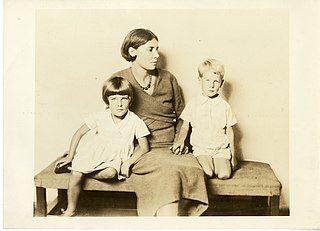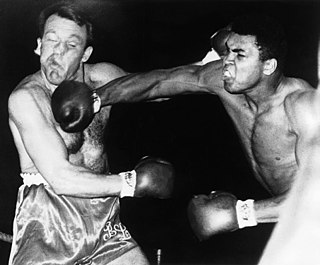A Quote by Nigel Hamilton
My father had risen in the British Army under the revolutionary aegis of General Montgomery, who was mad about training for battle, not muddling into disaster.
Quote Topics
Related Quotes
I got into boxing for two reasons. One was that my father was a boxer. Secondly when I was young, all healthy men in the UK had to do two years "National Service" in one of the armed forces. I chose the Royal Air Force over the Army and Navy. My father's reputation went before me and therefore the RAF encouraged me to box. There is much rivalry in sporting competitions between the Army, Navy and RAF. Competing has great privileges. I didn't need too much encouragement with all these perks being offered, so I started training with a vengeance.


































